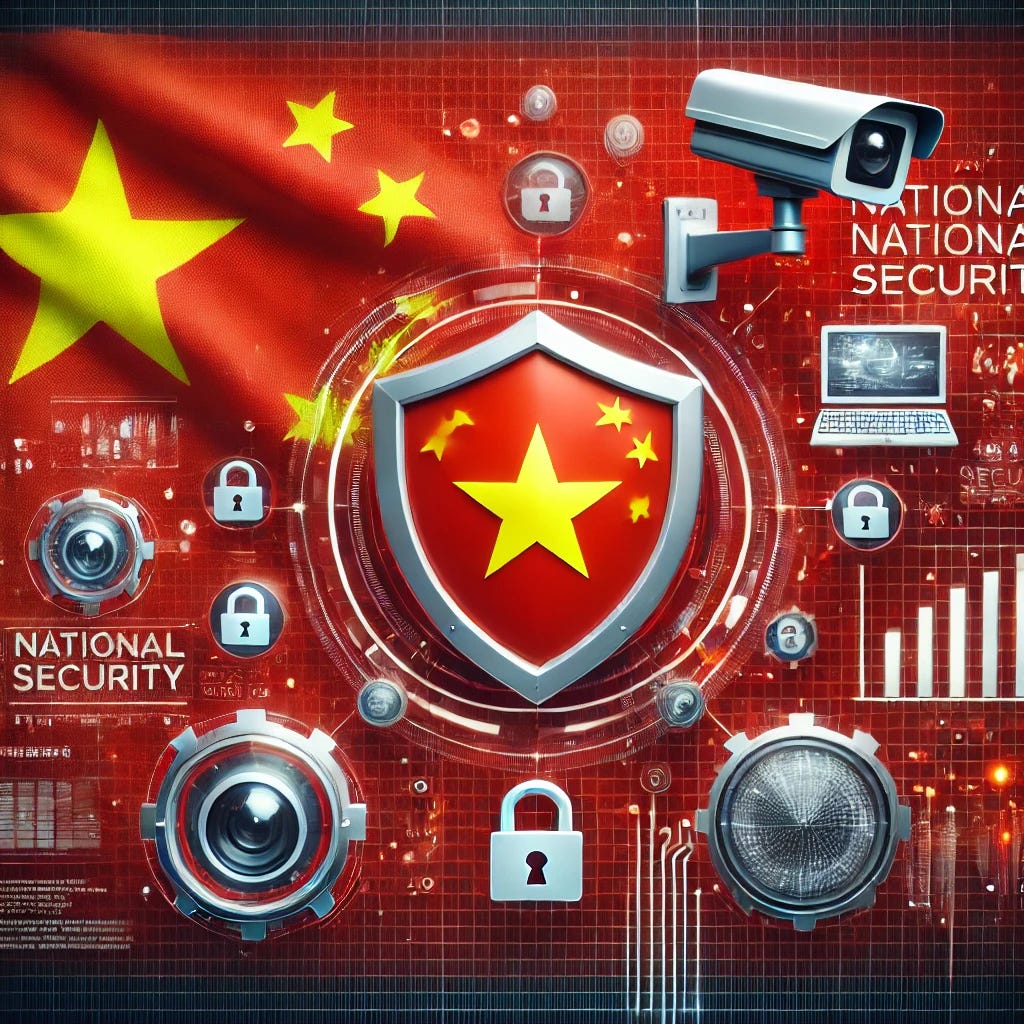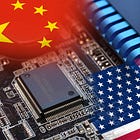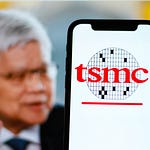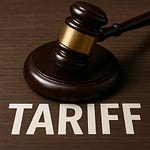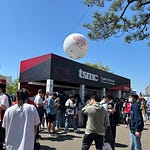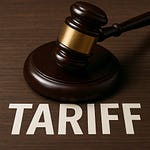A complex and often contradictory dance is playing out on the global technology stage, as recent developments highlight the intricate interplay between economic imperatives, national security concerns, and corporate strategies. While the U.S. has reportedly approved licenses for major AI chip shipments to China, Beijing has simultaneously issued stark warnings about foreign chip vulnerabilities, painting a picture of a rapidly evolving tech landscape.
Chips for Minerals: A Tentative Trade-Off?
In a significant development, tech giants Nvidia and AMD recently have reportedly secured licenses from the U.S. Department of Commerce to resume shipments of their advanced AI chips, including Nvidia's H20 and AMD's MI300, to China. This move comes on the heels of the former Trump administration's announcement in late June that China might ease its rare earth export restrictions.
U.S. Commerce Secretary Howard Lutnick explicitly linked the resumption of AI chip sales to a deal brokered by President Trump concerning critical mineral shipments, suggesting a classic "chips for minerals" trade-off. Rare earth elements are foundational for a vast array of modern technologies, from electric vehicles and wind turbines to advanced electronics and defense equipment, making a secure supply chain strategically vital for the U.S.
However, the path forward is not entirely smooth. The European Parliament has voiced strong warnings against Beijing's use of export restrictions for geopolitical leverage, specifically condemning China's historical use of rare earths as a bargaining tool. Furthermore, while the term "rare earth" might suggest scarcity, analysts point out that the real bottleneck isn't the minerals themselves, but the processing capacity and the permits required to build such infrastructure, particularly in countries like the U.S.
China's Commerce Ministry has maintained an ambiguous stance, stating they would only "review and approve eligible export applications in accordance with the law," offering no explicit guarantees. Despite official bans, trade resilience has been observed, with Reuters reporting continued rare earth flows into the U.S. via intermediaries in places like Thailand and Mexico, often through Chinese-owned entities. This underscores a persistent economic interdependence that often finds ways around political barriers.
Beijing's Security Alarm: Fueling Self-Reliance?
Amidst these trade signals, China's Ministry of State Security (MSS) issued a stark warning, claiming that foreign chips, smart devices, and software might contain "secret backdoors" designed to steal sensitive information. The timing of this accusation, immediately following the H20 chip approval news, has drawn significant attention.
The MSS detailed potential scenarios, including manufacturers leaving maintenance backdoors open, tampering with software updates, or manipulating open-source code, all without user knowledge. The warning appears tied to a clear strategic directive: key personnel with access to classified information have reportedly been ordered to use only Chinese-made hardware and software to mitigate risks of foreign spying and data breaches.
The critical question remains: Is this a genuine security concern, or a strategic maneuver to accelerate China's "de-Nvidia-ization" and bolster its domestic tech ecosystem? Experts suggest the latter. By amplifying perceived security risks, Beijing creates a powerful internal impetus for industries to switch to homegrown alternatives, effectively using security as a catalyst for self-reliance.
China has already poured over $200 billion into domestic chip production, with companies like SMIC and Huawei making significant strides. While only a small fraction of major AI models worldwide have been trained on Chinese chips to date, progress is accelerating. Notably, "returnee startups" founded by former Nvidia and AMD personnel, such as MooreThreads and MetaX, are actively challenging advanced chip processes. These companies view U.S. sanctions not merely as obstacles but as market opportunities, aiming for IPOs to raise substantial capital and compete directly with global giants, banking on government support and a captive domestic market.
Nvidia's Unexpected Hurdles: An Ironic Twist
Despite the fanfare surrounding license approvals, Nvidia faces an unexpected challenge: major production hurdles for its H20 chips. This stems from the April 2025 U.S. export ban on the H20, which forced Nvidia to cancel orders and, critically, relinquish its production slots with TSMC, its primary chip manufacturer. TSMC, known for its efficiency, quickly reallocated these valuable lines to other customers.
Nvidia CEO Jensen Huang acknowledged the severity of the situation, stating that restarting H20 production would take "nine months" – a timeframe he deemed "unbearable" for the fast-paced AI market. Reports suggest Nvidia currently has "no plans" to restart H20 production, creating a bizarre "orders without goods" dilemma for China.
This situation presents an ironic twist: U.S. policy, intended to restrict China's access to advanced AI chips, may inadvertently be accelerating China's drive towards domestic self-sufficiency. If the supply of the H20 – already a downgraded chip designed to comply with earlier rules – is disrupted, it further pushes Chinese companies towards domestic alternatives like Huawei's Ascend 910B, effectively aiding Beijing's aims.
Nvidia's Adaptive Strategy: Navigating a Complex Landscape
Despite the H20 headache, Nvidia is not abandoning the vast Chinese market. The company is pursuing an adaptive, hybrid strategy, including the development of a new GPU specifically designed to fully comply with the latest U.S. export rules, such as the RTX Pro chip.
Jensen Huang has been remarkably candid about his perspective, stating that China's innovation "can't be stopped" and acknowledging Huawei's capabilities as a "competitive rival." He described the Chinese market as a "unique existence," "vibrant, innovative, amazingly fast," and warned that not participating would lead to "unoptimistic results" for Nvidia. This highlights the delicate balancing act for global tech companies: navigating intense geopolitical pressures, maintaining compliance, yet retaining access to a crucial market.
The tech war is clearly evolving beyond simple bans, with companies innovating around restrictions and seeking to outsmart the rules. Huang's optimism about China's adaptability, citing examples like DeepSeek's efficient AI models, underscores the dynamic nature of this landscape. He expressed hope for continued competition with "admiration and respect," emphasizing the nuanced reality of the global tech ecosystem.
The Evolving Tech War: Resilience and Self-Sufficiency
The ongoing AI tug-of-war has shifted. It is no longer solely about policy restrictions but encompasses complex supply chain realities, unintended consequences, and a relentless drive for domestic innovation on both sides. The market, despite geopolitical tensions, remains a powerful force shaping how these dynamics play out.
This interplay of emerging trade deals, national security warnings, adapting corporate strategies, and unexpected production problems is constantly reshaping the rules. From AI chip approvals tied to rare earths, to security warnings that may inadvertently accelerate China's tech goals, and the surprising challenges facing even giants like Nvidia, the landscape is undeniably complex.
What stands out is the resilience of trade alongside an incredibly strong drive for self-sufficiency from both the U.S. and China. The chase for technological advancement continues relentlessly, with both sides learning to outsmart each other not just with policy, but with strategic moves and innovation within the supply chains themselves. As the world races to localize critical technologies, the ongoing global tech balancing act promises surprising innovations and perhaps even unexpected partnerships.
References:
https://www.globaltimes.cn/page/202507/1338833.shtml
https://sputnikglobe.com/20250721/chinas-security-ministry-warns-foreign-chips-software-may-steal-data-using-secret-backdoors-1122469515.html
https://www.worldjournal.com/wj/story/121208/8885972
https://www.storm.mg/article/11053989
https://www.digitimes.com.tw/mservice/dailynews_pc/shwnws.asp?id=727770


